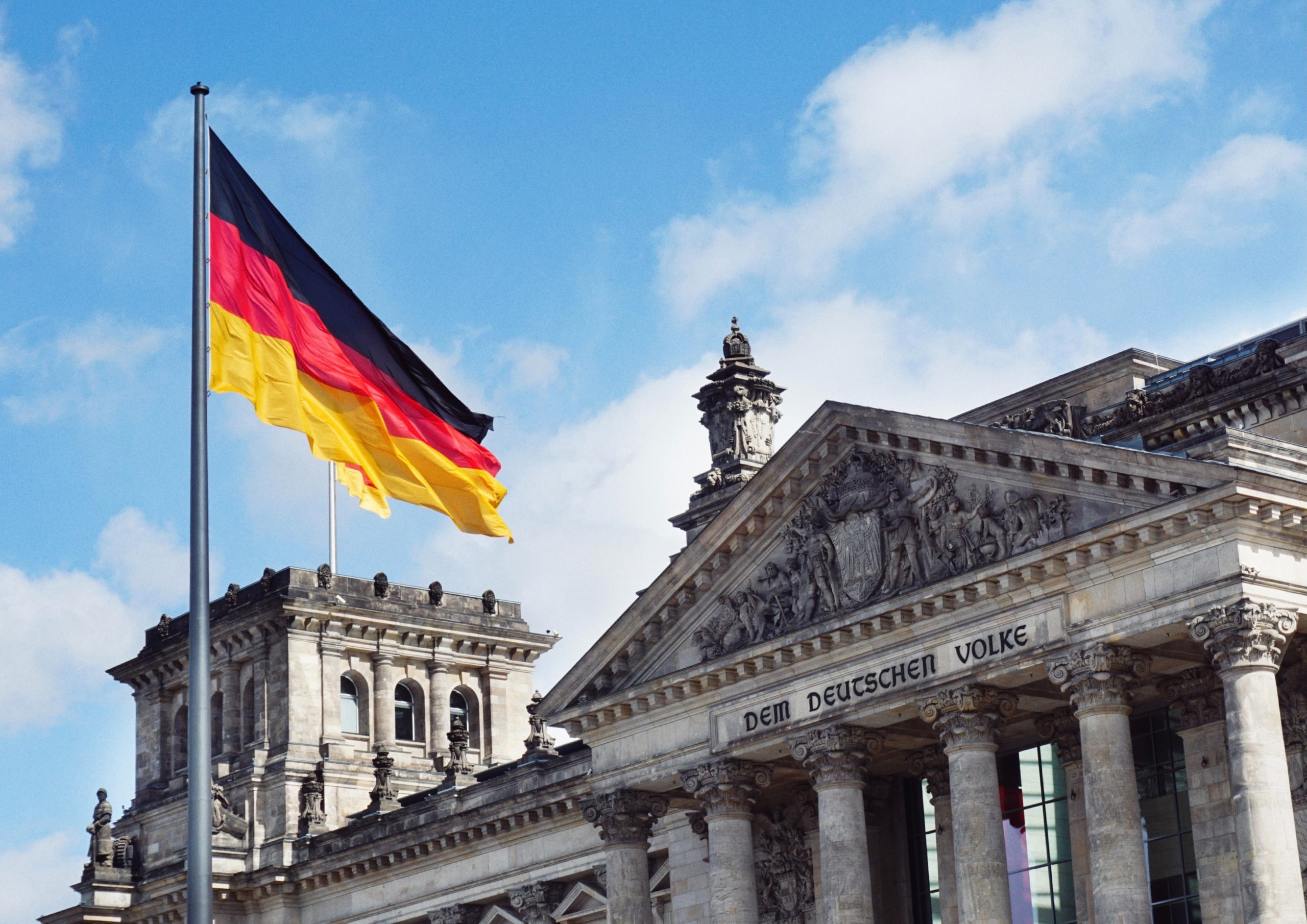In a turn of events that has astonished economists, German inflation has hit its highest rate in nine years. According to the Federal Statistical Office, prices rose by 9.3% from December 2019 to December 2020 – a 0.8 percentage point increase over November’s figures. The surge in inflation is largely attributed to the drastic changes in consumer behavior due to the COVID-19 pandemic; as people stayed home and adjusted their lifestyles, demand for certain goods and services skyrocketed. In this blog post, we will explore the current state of German inflation and what it means for businesses and consumers alike.
Germany’s inflation rate hits nine-year high
Inflation in Germany rose to its highest level in almost a decade in September, according to new data from the country’s statistics agency.
The inflation rate hit 1.5%, up from 1.3% in August and the highest level since November 2008. The main drivers of the increase were higher prices for energy and food, the statistics agency said.
The news will add to concerns that rising inflation could start to eat into consumers’ purchasing power and slow down economic growth. It also comes as the European Central Bank is winding down its stimulus program and preparing to raise interest rates.
What is causing this inflation?
Inflation in Germany is being caused by a variety of factors. One is the strong euro, which has made imports more expensive. Another is the low cost of oil, which has led to higher transportation costs. Additionally, the government’s stimulus package has put more money into circulation, leading to higher prices for goods and services. Finally, wage increases have outpaced productivity growth, leading to higher labor costs. All of these factors are contributing to inflationary pressures in Germany.
What does this mean for the German economy?
Inflation in Germany hit a nine-year high in April, with prices rising by 0.9% from the previous month. This increase was driven by higher energy and food prices, which offset a decline in prices for clothing and footwear.
The inflation rate is now 2.3% on an annual basis, up from 1.8% in March. This is the highest inflation rate since October 2011, when it was 2.5%.
This increase in prices is bad news for the German economy, as it will lead to higher costs for businesses and consumers alike. Higher inflation will also erode real wages, as workers’ salaries will not keep pace with price increases. This could lead to slower economic growth and higher unemployment.
How will this affect German consumers?
German consumers are feeling the squeeze of inflation as prices continue to rise. The cost of living in Germany has increased by 0.4% in the last year, and is now at its highest level since 2009. This is partially due to a strong economy and low unemployment, which has led to wage growth and higher demand for goods and services. However, it is also due to a number of other factors, including the high cost of energy, food, and housing.
Inflation is likely to continue to rise in the short-term, as the German economy continues to strengthen. This will put pressure on household budgets, as wages struggle to keep up with rising prices. In the long-term, however, inflation should start to slow as the economy reaches full capacity and wages begin to catch up with prices.
What can be done to combat this inflation?
There are a number of things that can be done to combat inflation.
First, the government can take measures to increase the money supply. This can be done through quantitative easing, or by printing more money.
Second, the government can reduce taxes and regulations, which will increase economic activity and help to keep prices down.
Third, the government can encourage people to save rather than spend by offering tax incentives for saving money.
Fourth, the government can invest in infrastructure projects which will create jobs and help to boost economic growth.
Finally, the government can work with businesses to keep prices down by ensuring that they are not engaging in price gouging or other unethical practices.
Conclusion
The nine-year high in German inflation is a sign of the current economic climate and highlights how governments must take action to ensure that citizens can still purchase their necessary goods despite an increase in prices. It also serves as a reminder for everyone else, including investors, to pay attention to changes in market conditions so they can better formulate their own financial plans. As we continue to monitor this situation, it will be interesting to see what further effects this inflation surge may have on Germany’s economy down the line.











